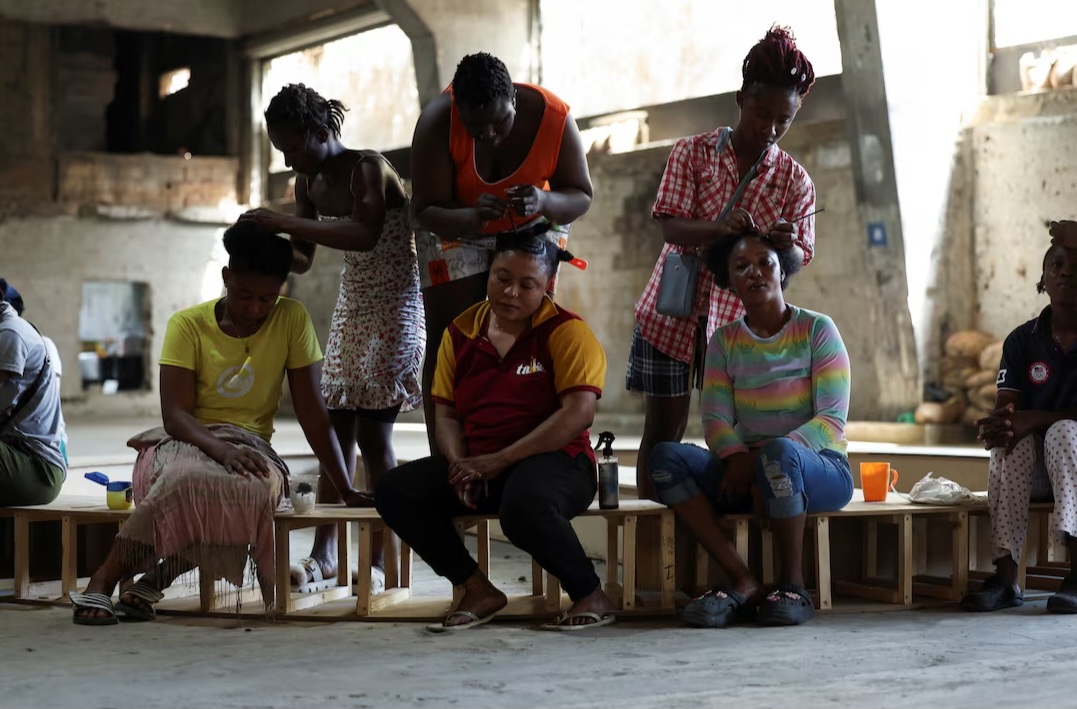The Silent Crisis of Sierra Leonean Migrants in Lebanon
As the conflict in Lebanon intensifies, the plight of Sierra Leonean migrants has emerged as a distressing and often overlooked crisis. The harrowing stories of individuals like Fatima Samuella Tholley and Patricia Antwin reveal the devastating consequences of violence and the vulnerabilities faced by migrant workers. In a world where borders and nationalities often dictate safety and opportunity, it is crucial that we recognize and address the human suffering unfolding in Lebanon.
For many Sierra Leoneans, the journey to Lebanon is fueled by the hope of providing for their families back home. They arrive seeking better job prospects, often unaware of the precarious conditions that await them. The “kafala” system, which ties workers’ legal status to their employers, creates an environment ripe for exploitation. These workers frequently face wage theft, the confiscation of documents, and even physical and emotional abuse. In times of crisis, as we are witnessing now, their precarious status becomes a death sentence, leaving them trapped in a war zone with little recourse.
The recent air strikes and escalating violence have left countless migrants stranded and vulnerable. With no access to information or support, many are forced to rely on the kindness of strangers for basic necessities. The situation for these individuals is dire; they are caught in a web of fear, uncertainty, and isolation. The stories of Fatima and her cousin, who now hide in a cramped room, and Patricia, who has found temporary shelter wherever she can, are not just individual tragedies—they represent a systemic failure to protect the most vulnerable among us.
As a global community, we have a responsibility to respond to this crisis with urgency and compassion. The Sierra Leonean government must take immediate action to identify and assist its citizens in Lebanon, providing emergency travel documents and resources to ensure their safety. Moreover, the international community must advocate for reforms to the kafala system, which perpetuates exploitation and abuse. It is vital that we create a framework that safeguards the rights of migrant workers, allowing them to live and work with dignity.
The stories of Sierra Leonean migrants in Lebanon are a stark reminder of the human cost of conflict and the fragility of hope in the face of adversity. We must not turn a blind eye to their suffering. Instead, let us amplify their voices, advocate for their rights, and work collectively towards a future where every individual, regardless of their nationality, can live free from fear and violence. The time to act is now.


